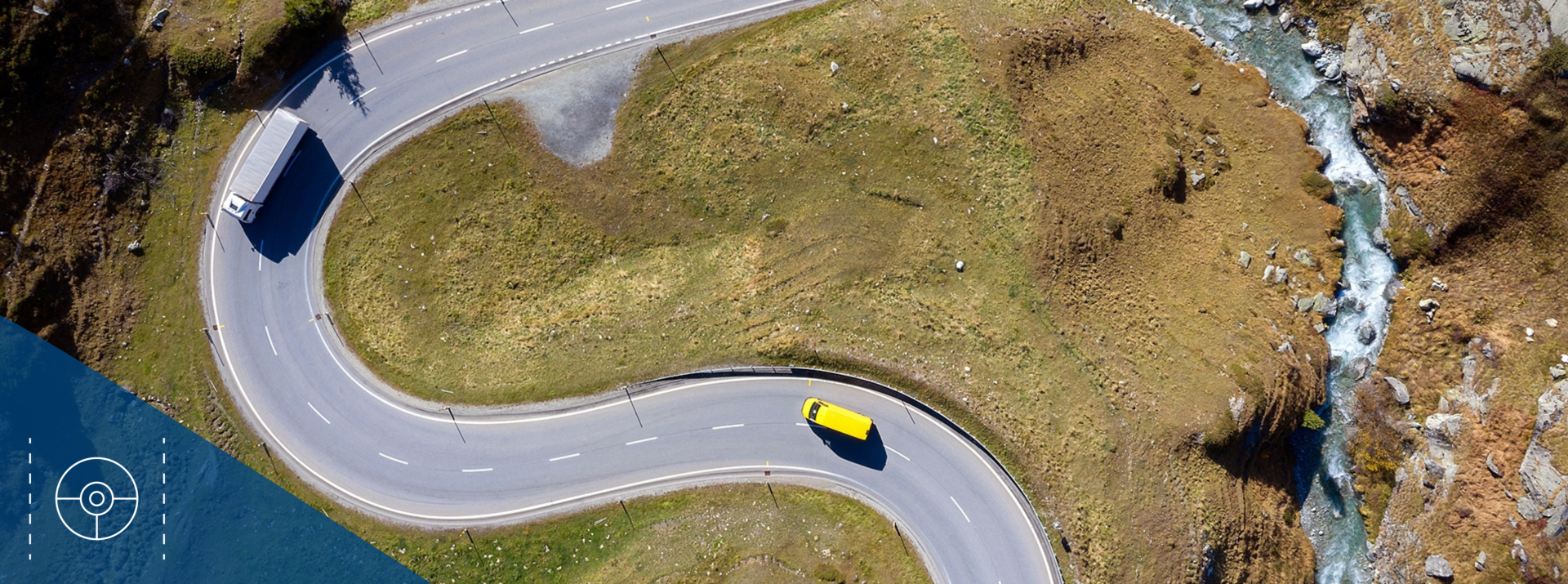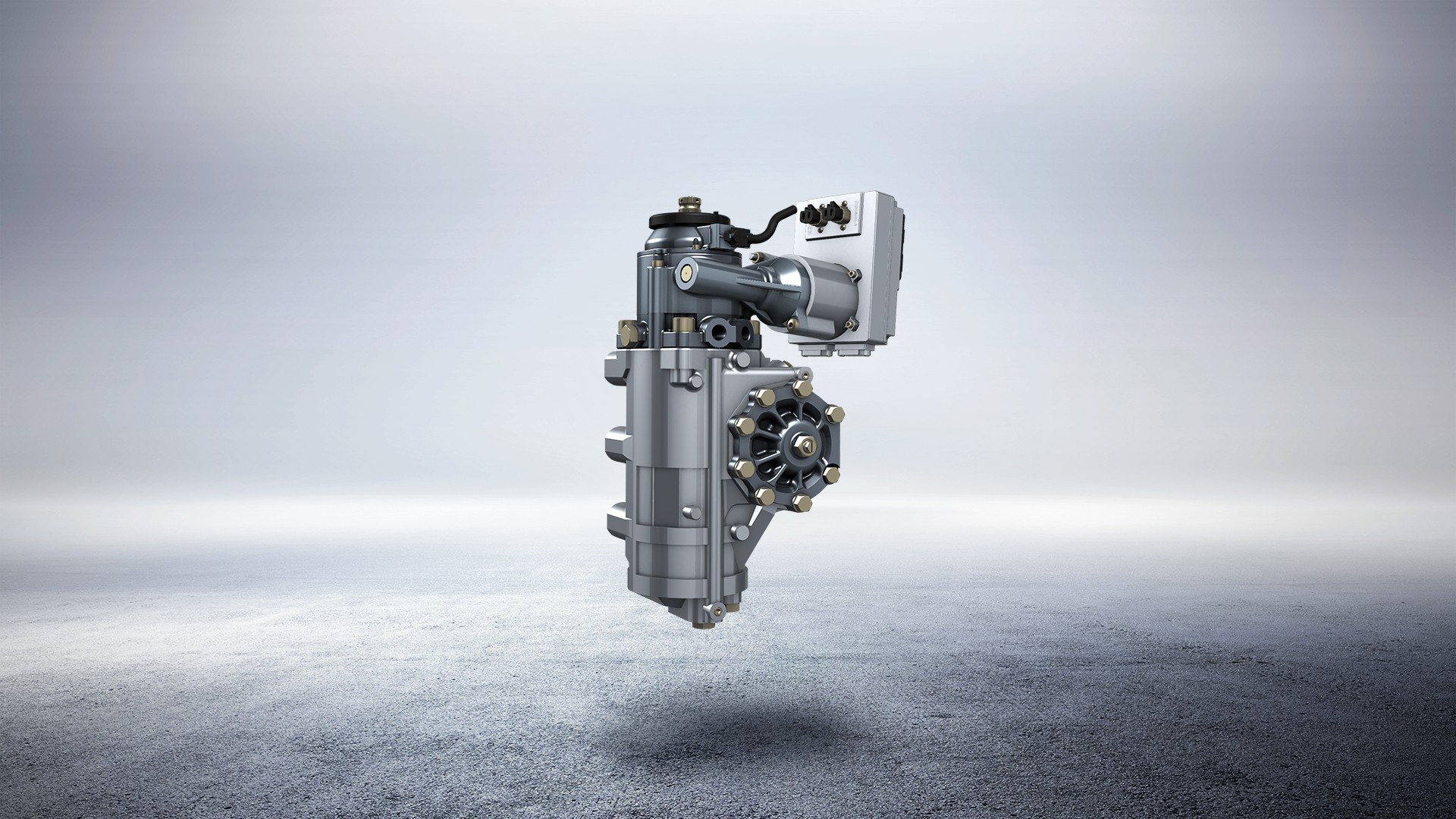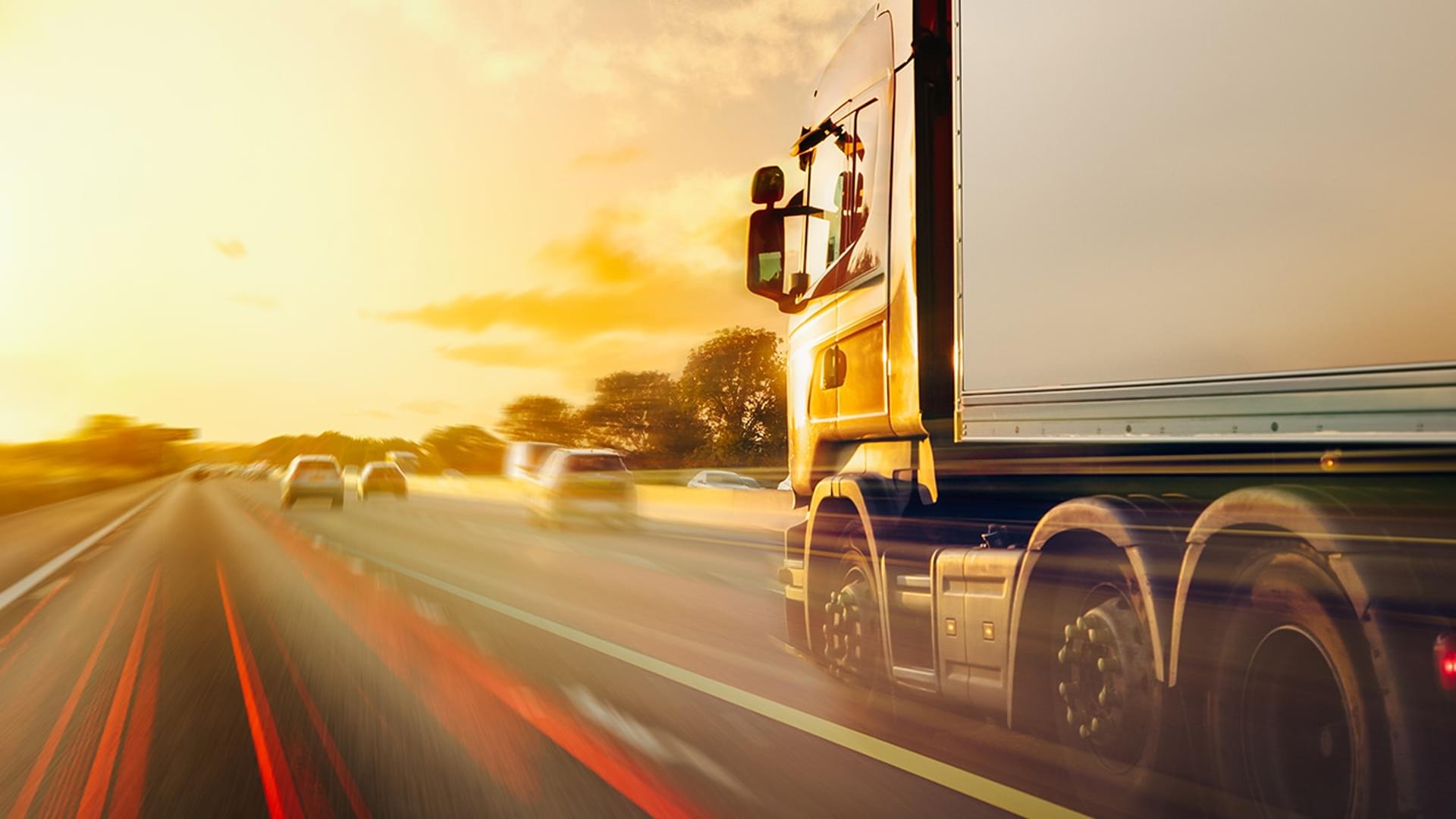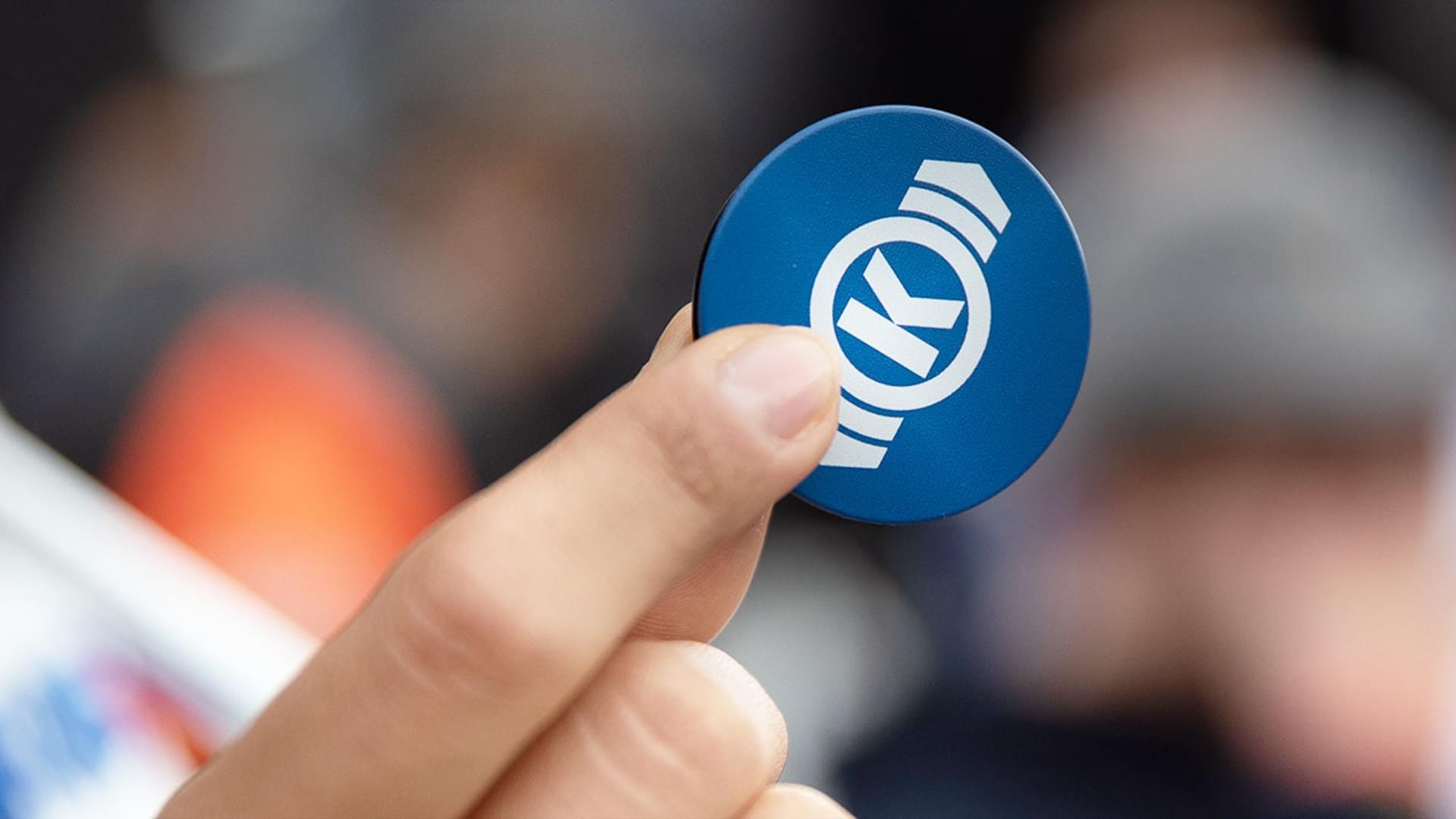
Torque Overlay Steering can assist the driver in turning the vehicle wheels. As an active steering system, it thereby provides the basis for numerous highly automated driving functions and fully autonomous vehicles. Equipped with the necessary intelligence, it can also take complete charge of steering the vehicle. Knorr-Bremse offers various technologies for this purpose.
Conventional Recirculating Ball (RCB) systems provide the basis for Torque Overlay Steering systems (TOS). In commercial vehicles, they perform the mechanical transmission of the movement of the steering wheel to the adjustment of the vehicle wheels on the road. Hydraulic systems boost the power provided by the driver. As a result, very little human effort is required to steer the vehicle, even with high axle loads.
Contact
80809 München
Deutschland - Germany
info@knorr-bremse.com
Extra power on the steering shaft
Knorr-Bremse utilizes the conventional hydraulic system and equips it with an additional electrical overlay unit. This Advanced Hybrid Power Steering system (AHPS) can apply its own torque in addition to the driver turning the steering wheel. This means the Torque Overlay Steering system can amplify, reduce or completely replace the driver's steering movement. Via the interface to a smart driver assistance system, this enables functions such as automatic side wind compensation and active lane departure warning. It also makes it possible to control the vehicle fully autonomously.

Solutions for all SAE-levels
In regular operation, the hydraulic circuit of the power steering provides the necessary force to adjust the wheels. The electrically driven AHPS unit – in addition to the driver – controls the direction of the hydraulic flow. If, in an extreme case, the driver is not able to steer the vehicle and the power steering hydraulics fail, the AHPS unit can step in. In this case, the electric motor of the AHPS takes over the adjustment of the wheels via the mechanics of the Recirculating Ball Steering. With this solution, Knorr-Bremse enables assistance functions up to SAE-level 2 and beyond.
Key benefits of Torque Overlay Steering:
- Improved driver comfort
- Solutions for all SAE-levels
- Flexibly tunable system and interfaces
- Modular design enables interchangeability of SAE-level 2 and SAE-level 4 system
- Overlay torque of 130 Nm enables compensation of hydraulic failure
- Reduced fuel consumption and CO2 emissions
- Cyber security ready and ISO26262 compliant
- Low weight
- Optimized installation dimensions
- Independent of front axle load
- Robust design based on proven RCB product


